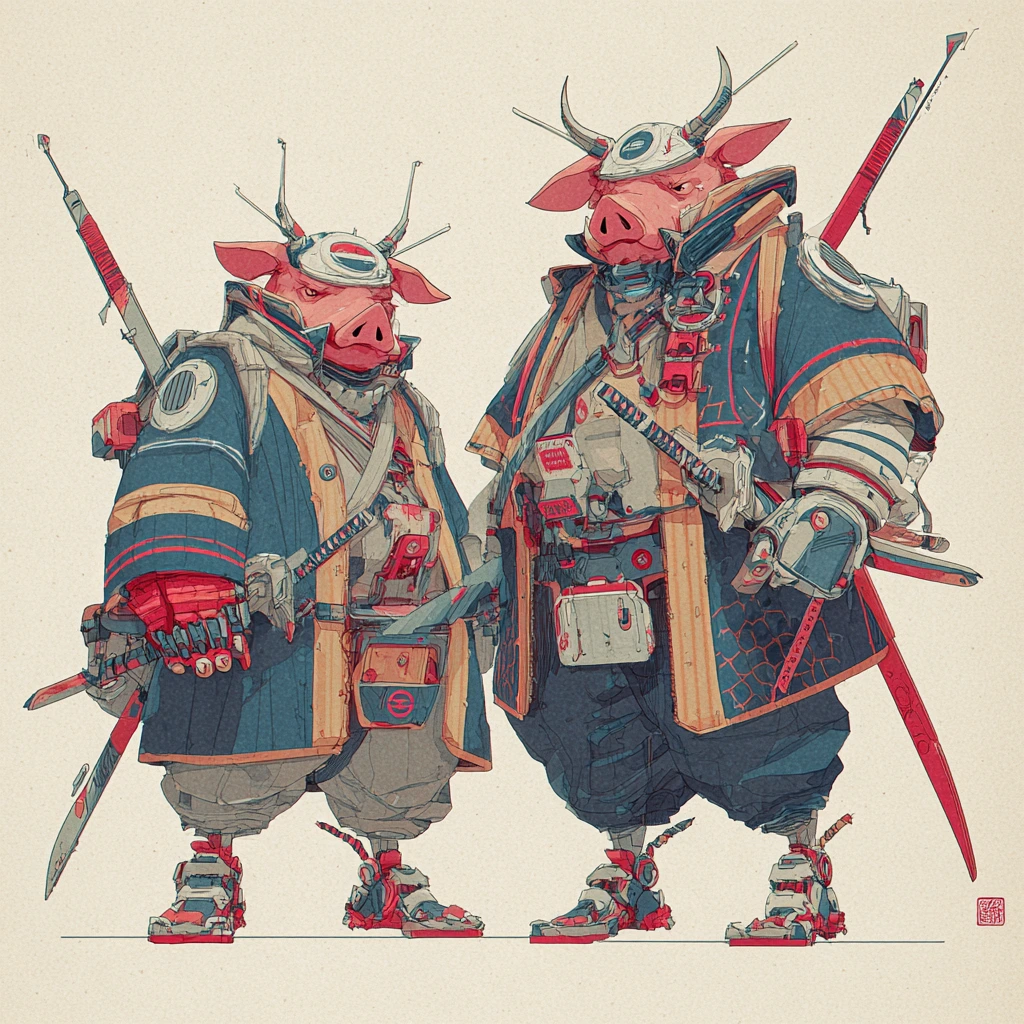ResumeHog vs Canva Resume Builder in 2025: which should you pick for faster interviews?
Author: Ishtiaque Hossain AKA Porkychan
October 19, 2025

If you are deciding between ResumeHog and Canva Resume Builder, you are comparing a specialist tool built for rapid, AI driven tailoring with a general purpose design platform that also offers resumes. Canva provides a large template library and an AI Resume Builder inside its broader Magic Studio ecosystem. ResumeHog focuses on one thing that matters for applications: turning your base resume into a job specific version in seconds.
Quick take
Choose ResumeHog if your priority is fast tailoring that aligns your resume to each job description with precision. You get two free tailorings, then unlimited tailorings for $20 per month. The product uses four baseline paths that you reshape with natural language in a Custom Instructions panel. You can even select the AI model you prefer, choosing between Grok 3 and Gemini 2.5 Pro.
Choose Canva if you want a familiar editor with templates, brand assets, and everyday design features that happen to include resumes.
Why ResumeHog stands out for job seekers
ResumeHog is designed for high volume applying where micro alignment wins interviews. With paths instead of rigid templates, you can type instructions like “make all text black,” “help me avoid ageing bias,” or “translate resume to French,” then instantly generate a version tuned to your goal. Power users also appreciate choosing between Grok 3 and Gemini 2.5 Pro, which keeps tone and output quality consistent with your preferences. The pricing model fits active searches: two trials, then predictable unlimited tailoring.
What Canva’s resume builder does well
Canva shines for visuals. You get a huge library of resume templates, drag and drop editing, and an AI resume builder that can draft or refine text inside the design workflow. If you are starting from scratch and want a polished look with minimal friction, Canva’s free resume builder is easy to try. For heavier use, Canva Pro unlocks more content and Magic Studio AI features like Magic Write for drafting text and other AI helpers.
ATS considerations you should know
Design forward layouts can impress a human yet still confuse older applicant tracking systems. Canva hosts many resume templates and even collections labeled “ATS friendly,” but experiences vary across employers and parsing engines. Career experts have noted that general design tools may not offer the targeted, keyword aligned outputs that maximize ATS success without extra effort. If your target companies rely on strict parsers, prioritize clean structure and strong keyword matching.
Pricing overview
Canva offers a Free plan with templates plus paid tiers like Pro for individuals and Teams for collaboration. Exact prices and inclusions can change, so confirm the current numbers on Canva’s pricing and help pages. ResumeHog keeps it simple for job seekers with two free tailorings followed by $20 per month for unlimited tailoring. If you are applying to many roles each week, ResumeHog’s plan is purpose built for that cadence.
Best use cases
Pick ResumeHog when you already have a decent base resume and you need to create multiple role specific variants quickly. The Custom Instructions feature covers style tweaks, impact rewrites, bias aware phrasing, and instant translation. Model choice lets you steer tone and creativity without leaving the app.
Pick Canva when you want attractive layout control, a broad template library, and integrated AI drafting inside a familiar design editor. Canva is especially handy if you also need matching cover letters or portfolio assets in the same workspace.
Bottom line
For modern hiring funnels that filter heavily by keywords and clarity, ResumeHog is the better pick for speed, control, and ATS aligned tailoring. You get natural language customization, top tier model selection, and unlimited monthly tailoring after two free runs. Canva remains an excellent design platform with a friendly resume builder, yet it is not specialized for high frequency tailoring the way ResumeHog is. If design polish is your first need, start in Canva. If interviews are the goal, ship more targeted versions with ResumeHog.